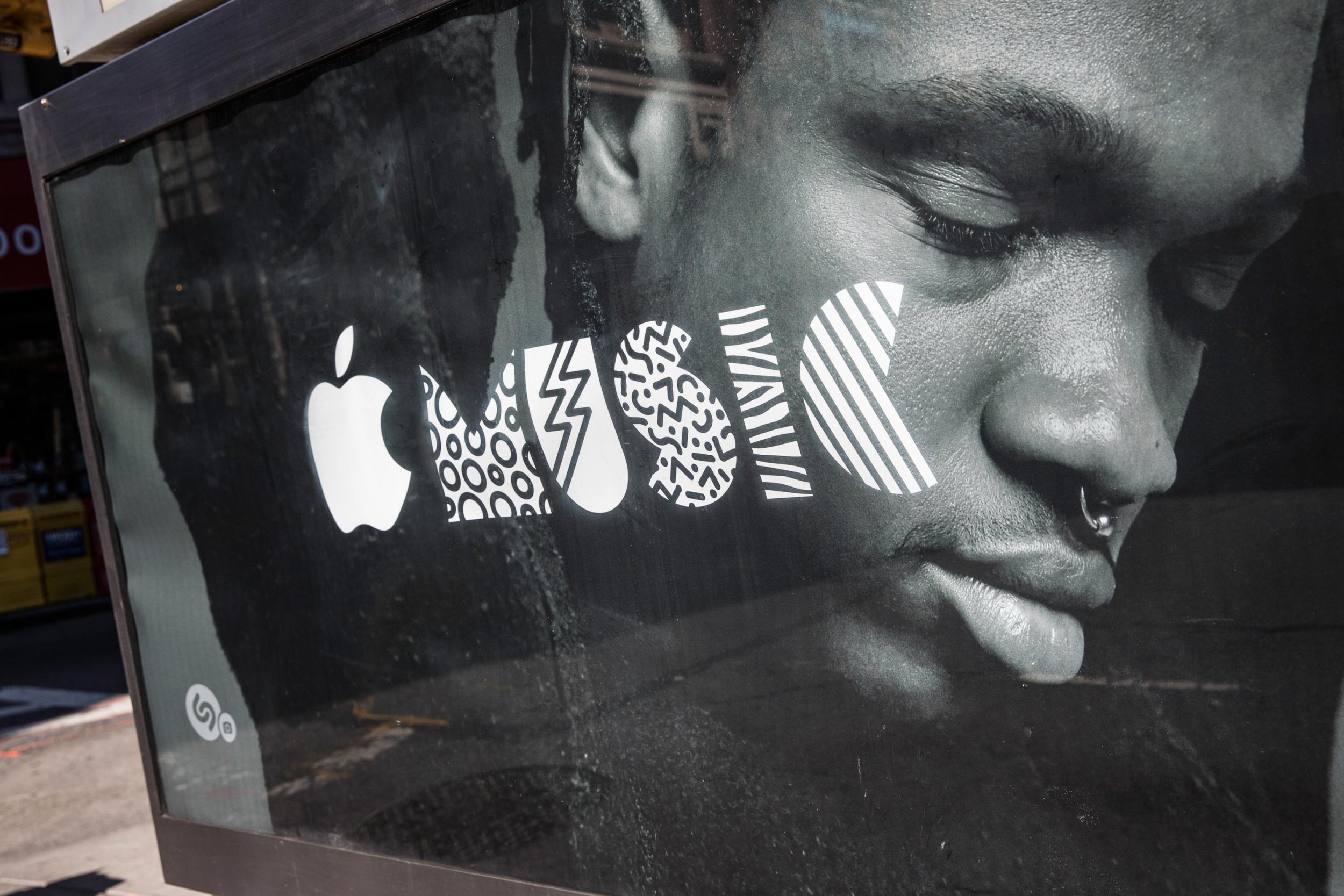Apple Music signs up 10 million paying users in just over six months
It took rival streaming service Spotify almost six years to reach the same milestone

In just over six months since its launch, Apple's streaming service Apple Music has hit 10 million subscribers.
To put the service's rapid growth in perspective, competing music streaming site Spotify took almost six years to reach the same milestone.
As the Financial Times reports, this latest figure puts Apple Music firmly in second place in the streaming wars behind market leader Spotify, which has around 20 million paying users and many more free listeners, who bring the company advertising revenue.
Other services, like Deezer and Jay-Z's much-maligned Tidal, lag far behind, with around 6.3 million and 1 million paying users respectively.
Speaking to the Financial Times, music industry analyst Mark Mulligan said Apple Music had the potential to take over Spotify and become the world's leading streaming service by 2017.
However, the meteoric growth of Apple Music compared to Spotify's slower rise doesn't neccessarily mean it will inevitably take over, since Spotify pioneered and popularised the idea of music streaming in the first place.
When Apple Music arrived, music streaming was already a desirable and widespread product - Spotify laid the groundwork for music streaming as we know it, so naturally other services that came later saw a faster rate of growth than Spotify did in its early days.
However, Apple Music does have some significant advantages - it's available in far more countries than Spotify, and comes preinstalled on every iPhone, giving the service a massive ready-made reach.
Apple Music launched on 30 June 2015 and had signed up 11 million users by August - however, that was during the three-month free trial period.
Naturally not everyone who took advantage of the free trial went on to actually pay for it, but it's impressive that a seemingly large number of free users decided to start paying the £9.99 a month to retain access to the service.
Apple's riding high in the world of music right now, but it may face a backlash from customers if the rumoured ditching of the usual 3.5mm headphone jack in new iPhones goes ahead.
It has been reported by a number of tech blogs that Apple wants to make their devices thinner by replacing conventional headphone sockets with their own Lightning port.
This could theoretically improve audio quality and increase the functionality of headphones, but would also render most people's headphones obsolete if they bought the new phone.
The 3.5mm headphone jack has been around for decades, remaining a constant in audio technology even as the world of tech has changed so dramatically around it. Maybe it is time for a new solution, but Apple should expect criticism if they make their users' old headphones useless.
Join our commenting forum
Join thought-provoking conversations, follow other Independent readers and see their replies
Comments
Bookmark popover
Removed from bookmarks